
In Amsterdam in 1659, as in most of Europe, coffee is virtually unknown. Merchants of the Dutch East India Company have done a little trading in coffee, but most residents of Amsterdam have never seen it, let alone tasted it.
Miguel Lienzo, a Portuguese Jew who fled to Amsterdam to escape the Inquisition, is among them, although he is a well-connected trader on the Exchange.
“Miguel had come across coffee once or twice, but only as a commodity traded by East India merchants. The business of the Exchange did not require a man to know an item’s nature, only its demand—and sometimes, in the heat of the trade, not even that.”
In the past Miguel has been prosperous, but as The Coffee Trader opens, Miguel’s fortunes have turned. He is deeply in debt and reduced to living in his younger brother Daniel’s damp cellar. He is desperately searching for a way to restore his wealth and his standing on the Exchange.
His seductive Dutch friend Geertruid Damhuis persuades him that the exotic coffee fruit will provide his answer. She insists that he take a drink of an uninviting, tarry liquid made from the fruit. Miguel thinks it looks like “the devil’s piss,” but Geertruid tells him it will make both their fortunes. Coffee clears the head, she says. “‘The man who drinks coffee fruit cares only for his business. … Coffee is the drink of commerce.'”
Miguel is soon intrigued. He forms a partnership with Geertruid and conceives a bold plan to corner the coffee market throughout Europe. The plan requires capital, connections, timing, and most of all, secrecy.
Once Miguel commits to the plan, his life changes. To implement the scheme, he must take numerous risks, both at the Exchange and in the community. No one can be trusted. Friends may be enemies, enemies may become friends, trading partners and fellow businessmen may be bent on betrayal. Even family is not above suspicion. Alliances seem to shift at every turn. Suspense builds as the day of reckoning for the scheme approaches. Will Miguel realize his dream of restored wealth, or will his enemies ruin him?
As Jewish moneylender Alonzo Alferonda warns Miguel, “[Y]ou must remember to be careful. Coffee is a drink that brings out great passions in men, and you may be unlocking great forces if you trifle with it.”
Miguel’s coffee scheme is set against a fascinating backdrop. In 1659, Amsterdam was the most cosmopolitan city in Europe, and one of the most prosperous. The Dutch had won their independence from Spain only a decade before, after the Eighty Years’ War, when the Peace of Münster provided formal recognition of the Dutch Republic. Led by the East India Company, the world’s largest commercial organization, trade had propelled the nation to a Golden Age that spanned the entire 17th century. Science and art flourished along with trade.
Amsterdam was also known throughout Europe for its religious tolerance. Although the majority of the population were Calvinist Protestants, Catholics and Jews were allowed to practice their religions, although by and large they lived in separate communities. Many Portuguese Jews, like Miguel Lienzo, had settled in Amsterdam, often bringing with them considerable wealth and mercantile expertise. Calling themselves the “Portuguese Nation,” they had their own laws and enforced strict rules about interaction with the native Dutch, which play a key role in The Coffee Trader’s plot.
The Coffee Trader is an engrossing novel with colorful characters and a strong plot. Author David Liss won an Edgar Award for A Conspiracy of Paper, set in 18th century London. For The Coffee Trader, he has moved back a century and across to the continent, but his mastery of historical fiction continues. The book is permeated with historical detail that is clearly based on thorough research. Both the bustling commercial atmosphere of Amsterdam and the complex relationship between the Portuguese Jews and the Dutch come alive in the book’s pages.
The book will please anyone who enjoys suspenseful historical fiction, especially readers with an interest in European history, Jewish history, or the history of business. And for coffee lovers, The Coffee Trader is a special treat: a tale of coffee intrigue as rich and satisfying as coffee itself.
Disclosure
Coffee Crossroads has an affiliate relationship with Amazon and other merchants whose products or services are featured on this website. The publisher receives a small fee or commission for sales generated via links from the site. The fee or commission does not increase the price of the sale. For more information, see the Disclosures page. Thank you for supporting Coffee Crossroads!



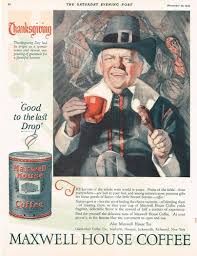
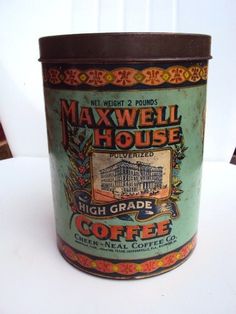
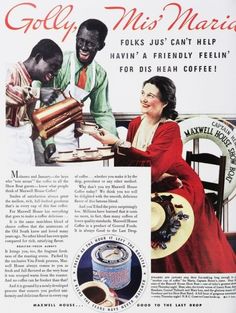
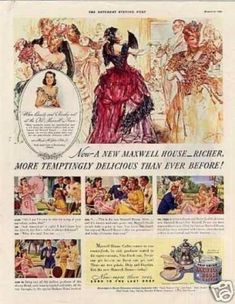
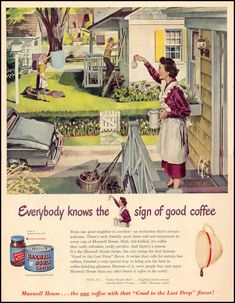
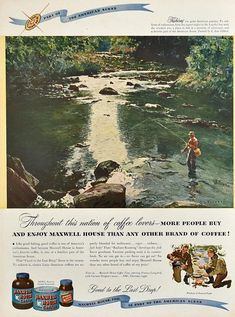
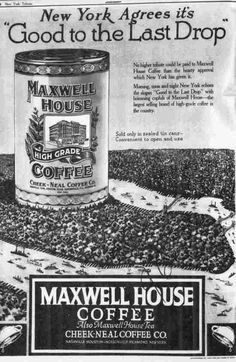
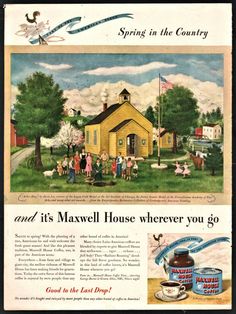
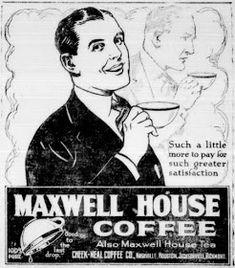
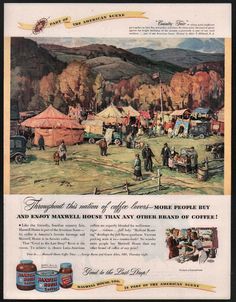
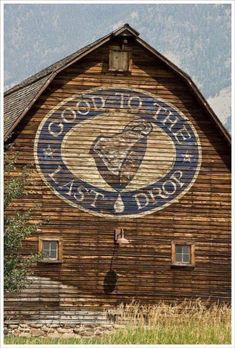
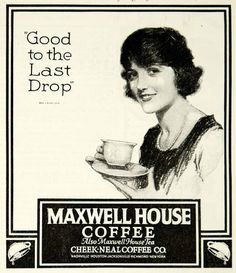
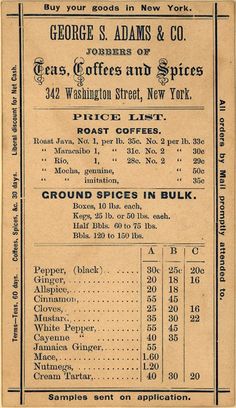
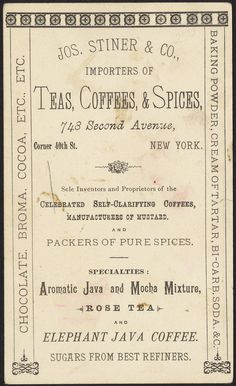



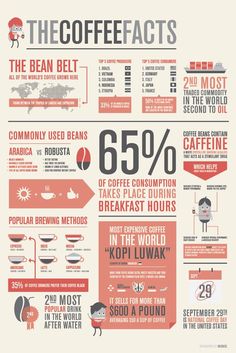
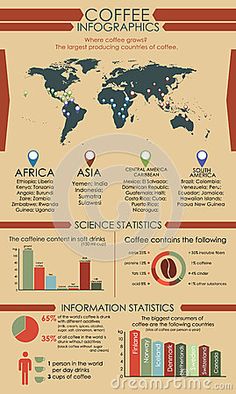


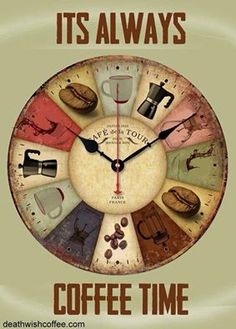


Leave a Reply